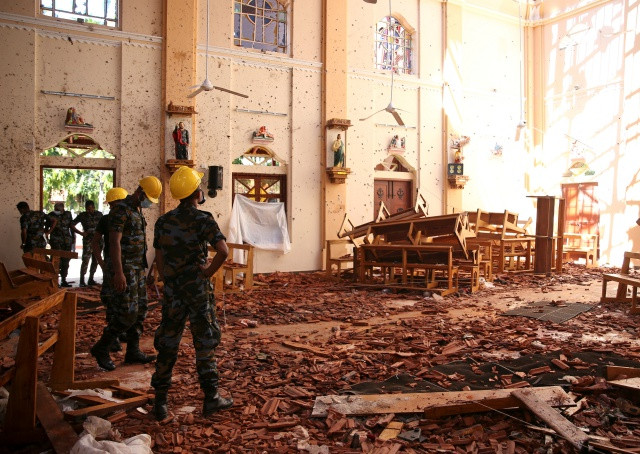The mandate of a UN office to gather and preserve proof of alleged wartime human rights violations in Sri Lanka was renewed by the UN rights committee on Thursday, October 6. Government officials and allies, notably China, have voiced resistance to the decision.
A close ally of Sri Lanka, China, opposed the resolution, calling it an illustration of the "politicization" of human rights issues. Pakistan criticized the resolution as being "intrusive"
India, Sri Lanka's neighbor and the source of the bulk of the island's financial assistance this year, abstained.
"Sri Lanka categorically rejects the resolution presented without our consent, despite our efforts to engage with the main sponsors," Foreign minister Ali Sabry said.
At the United Nations High Commissioner for Human Rights, the resolution proposed by the United Kingdom, Canada, the United States, and others was approved with 20 votes in favor and 7 votes against. China and a number of other nations agreed with Sri Lanka that the surveillance constituted to interference.
The resolution extends the Office of the High Commissioner for Human Rights' authority to monitor Sri Lanka's progress toward conducting a reliable investigation into war crimes that are allegedly committed during the country's civil war, which ended in 2009, and to encourage demilitarization of its north and east.
The renewed resolution also demanded that the government investigate and prosecute former and current public officials who precipitated the country's worst financial crisis in more than seven decades, plunging the 22 million-strong population into soaring inflation, currency depreciation, and severe food and fuel shortages.
It directs the UN Human Rights Office to compile a thorough report for publishing in 2024, effectively giving Sri Lanka two more years to meet its human rights commitments.
India stated that it would collaborate with Sri Lanka to meet the aspirations of the Tamil minority.
Amnesty International applauded the resolution but said more needed to be done.
"The adoption of the UN Human Rights Council's resolution reflects the need for continuing international scrutiny on Sri Lanka," its deputy regional director for South Asia, Dinushika Dissanayake, said.
After extensive disturbances, Sri Lanka's then-President Gotabaya Rajapaksa left the nation in July. The 73-year-old, together with his wife and two security personnel, took a flight to the Maldives, according to the country's air force.
He has appointed Ranil Wickremesinghe, the prime minister, to serve as president in the president's absence.
As protestors stormed his office and demanded that he too quit, Wickremesinghe issued a state of emergency and ordered the military to restore calm.





